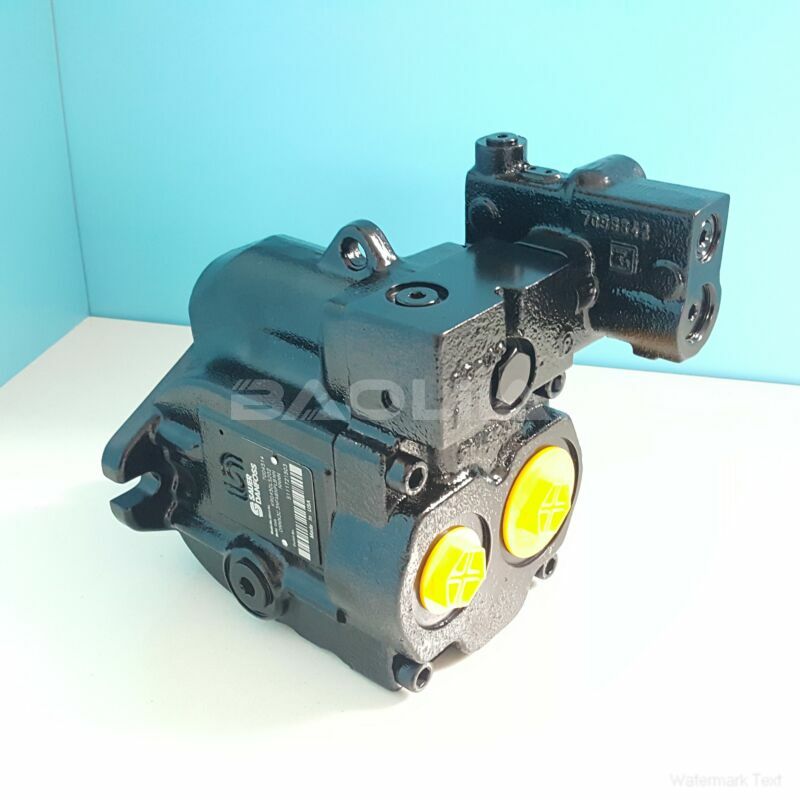KRR045DLS1720NNN3C2AGA6NAAANNNNNN sauer danfoss pump
KRR045DLS1720NNN3C2AGA6NAAANNNNNN sauer danfoss pump

- Product Details
- Applicable Scene
The increasing concern over plastic waste has prompted advancements in recycling technologies, particularly in the chemical recycling of synthetic fabrics. Hydraulic oil pumps play a critical role in these processes, facilitating the transport and manipulation of viscous materials during recycling. This article explores the design considerations and challenges involved in creating efficient hydraulic oil pumps tailored for the chemical recycling of synthetic fabrics.
KR-R-045D-LS-17-20-NN-N-3-C2AG-A6N-AAA-NNN-NNN
KRR045DLS1720NNN3C2AGA6NAAANNNNNN
Synthetic fabrics such as polyester, nylon, and acrylic are widely used in the textile industry due to their durability and cost-effectiveness. However, their non-biodegradable nature leads to significant environmental issues, creating a pressing need for effective recycling methods. Chemical recycling, which breaks down these materials into their monomeric forms, offers a promising solution. To support this process, hydraulic oil pumps must be designed to handle specific characteristics of synthetic materials, ensuring efficiency and reliability.

7004323
One of the primary considerations in designing hydraulic pumps for chemical recycling is the viscosity of the materials being processed. Synthetic fabrics often are transformed into a slurry comprising various additives and solvents to facilitate chemical breakdown. This mixture can have high viscosity, requiring pumps that can maintain consistent flow rates without causing excessive wear or damage. Therefore, hydraulic pumps must be equipped with features such as variable speed drives and adjustable pressure settings to accommodate different material viscosities and ensure optimal performance.
Another crucial aspect is the construction materials of the pumps. The chemical nature of synthetic fabrics can lead to the release of corrosive chemicals, necessitating robust materials that can withstand harsh environments. High-grade stainless steel or specialized alloys resistant to corrosion and wear become essential in this context. Additionally, pump seals and gaskets must be formulated to prevent leaks and maintain operational integrity while withstanding chemical exposure.
Efficiency and energy consumption are also significant factors in pump design. The energy required for hydraulic systems can be substantial, particularly in large-scale recycling operations. Engineers must focus on creating energy-efficient pump designs that minimize losses and optimize hydraulic circuitry. Implementing advanced technologies, such as high-efficiency motor drives and energy recovery systems, can contribute to reducing overall energy consumption while maintaining performance.
Moreover, the ease of maintenance and operation cannot be overlooked. Given the complexities involved in the chemical recycling process, hydraulic oil pumps should be designed with user-friendly interfaces and accessible components for routine maintenance. Regular upkeep is vital to ensure the longevity and reliability of the pumps, minimizing downtime in recycling operations.





